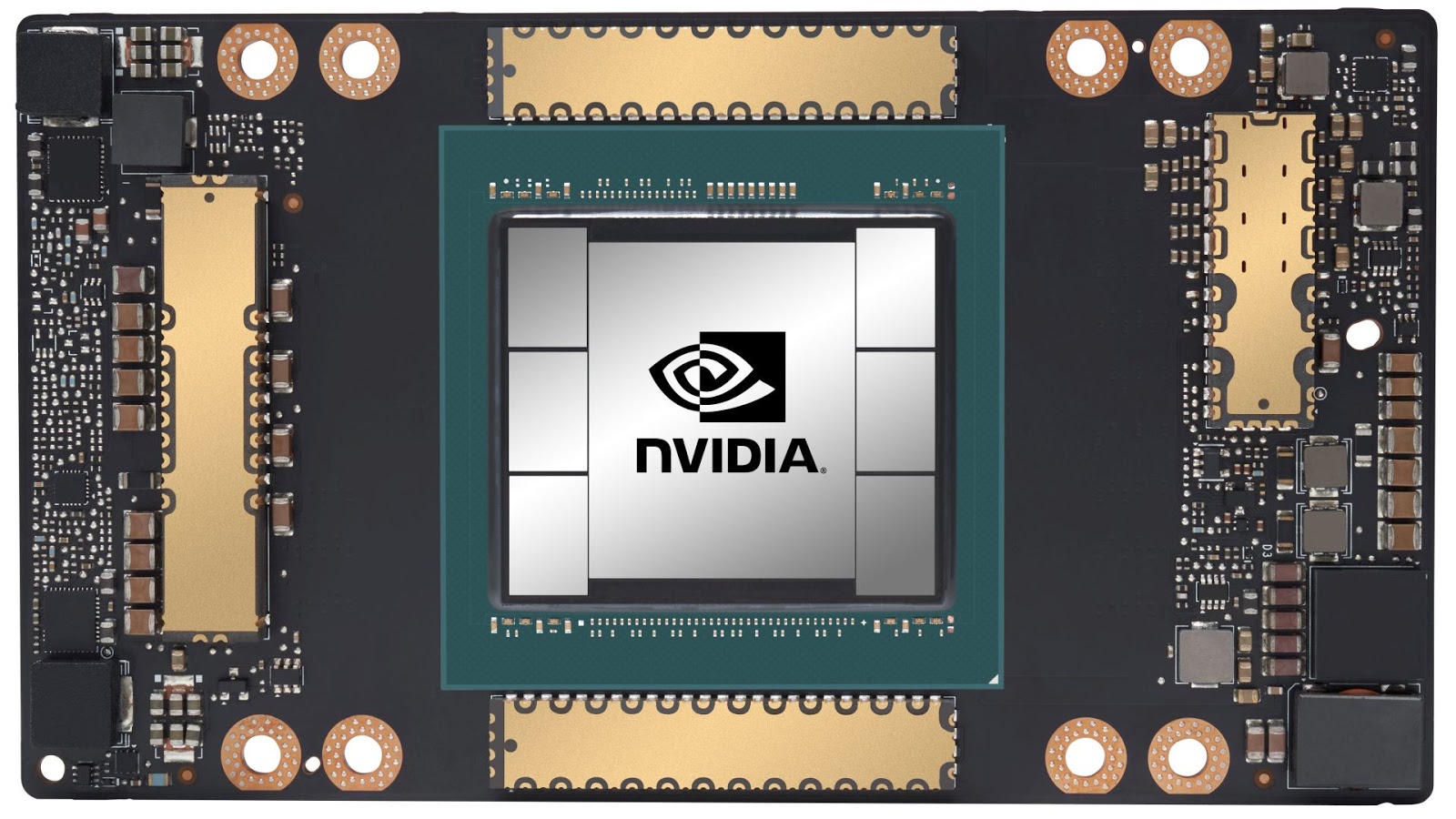WASHINGTON (Realist English). The chip developer Nvidia Corp said that American officials banned the export to China of two of the best computing chips for artificial intelligence work. The ban is aimed at undermining the ability of Chinese companies to carry out advanced developments such as image recognition, and will complicate Nvidia’s business in China, Reuters reports.
The ban affects the A100 and H100 chips. They are designed to speed up machine learning tasks. The company stressed that the policy of prohibitions may prevent the completion of the development of the H100, the flagship chip that Nvidia announced this year.
The company’s shares fell 6.6% at the end of trading. Shares of rival Nvidia Advanced Micro Devices Inc fell 3.7%.
An AMD representative told Reuters that the company has received new licensing requirements that will stop the export of MI250 artificial intelligence chips to China.
Nvidia said that, according to US officials, the new rule “will eliminate the risk that the relevant products may be used or redirected to the end military use or the end military user in China.”
The US Department of Commerce would not comment on the new rules for the sale of chips that can no longer be shipped to China, but confirmed the information about the revision of its policy and practice on the PRC for security purposes.
“While we are not in a position to outline specific policy changes at this time, we are taking a comprehensive approach to implement additional actions necessary related to technologies, end-uses, and end-users to protect U.S. national security and foreign policy interests,” a spokesperson told Reuters.
The policy of bans indicates a serious escalation of Washington’s measures to suppress Beijing’s technological capabilities, as tensions bubble over the fate of Taiwan, where chips for Nvidia and almost every other major chip firm are manufactured.
Without American chips from companies like Nvidia and AMD, Chinese organizations will be unable to cost-effectively carry out the kind of advanced computing used for image and speech recognition, among many other tasks.


















